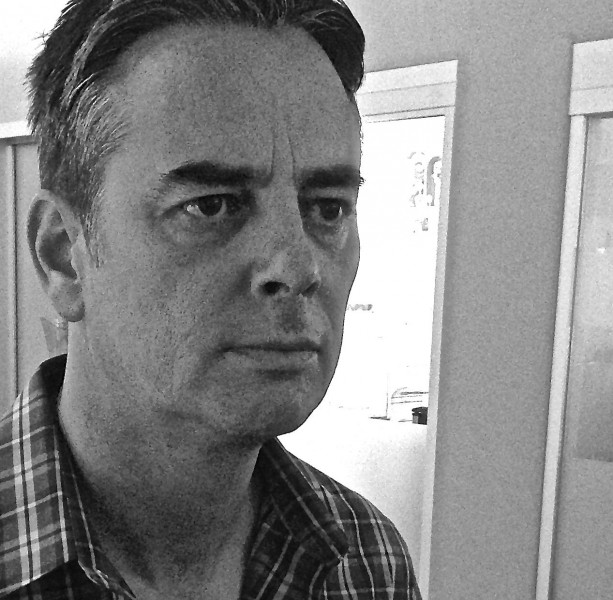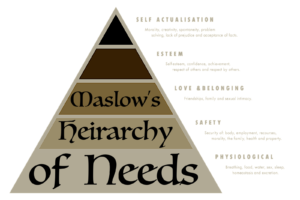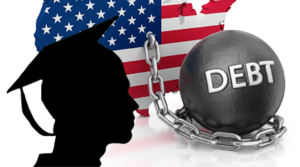
Gordon McMillan casually walks to class to give a lecture at the Los Angeles Film School on Friday, July 11, 2014 in Hollywood, Calif. (Photo by: Eric Dively/TruthPub)
Gordon McMillan is ready to see his homeland set free from outside rule. On Sep. 18, 2014, residents of Scotland will vote on Scotland seceding from the United Kingdom’s crown. This will be the second time in Gordon’s life in which Scotland has held an election for independence, the first being in 1979. Political figures and many others have shared their viewpoints about what may or may not happen if Scotland attains liberty. The impact could very well be felt worldwide in many different ways.
Scottish cities are in the top areas in banking and finance, oil, fishing, whiskey exports and academics. Financial institutions are globally networked together and at this moment in time, very unstable. A little ripple by Great Britain could have a substantial impact on the international economy. Another big topic of contention is the nuclear arsenal that the UK government has stockpiled in Scotland. Scottish secession could very well have a worldwide impact on many fronts.
Following up on this story, Scotland has elected against independence from England. Scotland will remain part of the United Kingdom with a 55.3% majority to 44.7% vote. Almost 85% of registered voters participated. The only councils to vote for seceding from the English crown were Dundee City(57.%), Glasgow(53%), North Lanarkshire(51%) and West Dunbartonshire(54%). This doesn’t mean that the notion of liberty is final though.
Pro-independence parties have won a majority in Scottish parliament in May 2021 elections. Nicola Sturgeon, Scotland’s first minister, stated that it was “a matter of when, not if” there will be a second referendum. The main obstacle, at the moment, is Boris Johnson, the U.K. Prime Minister. He has stated that he will not grant a second referendum even though the pro-independence camp won the majority and the Scottish National Party (SNP) retained power. Scotland does face an uphill battle for independence but she also has a number of options at her disposal to force another vote.




